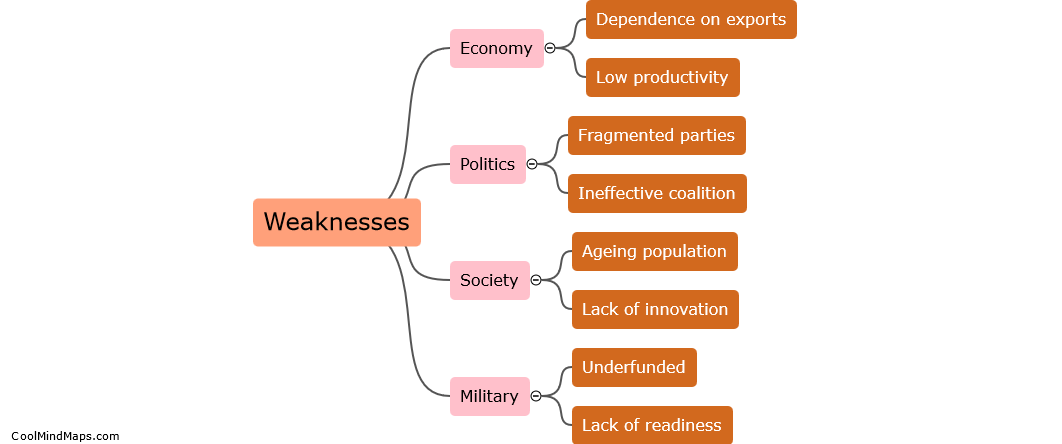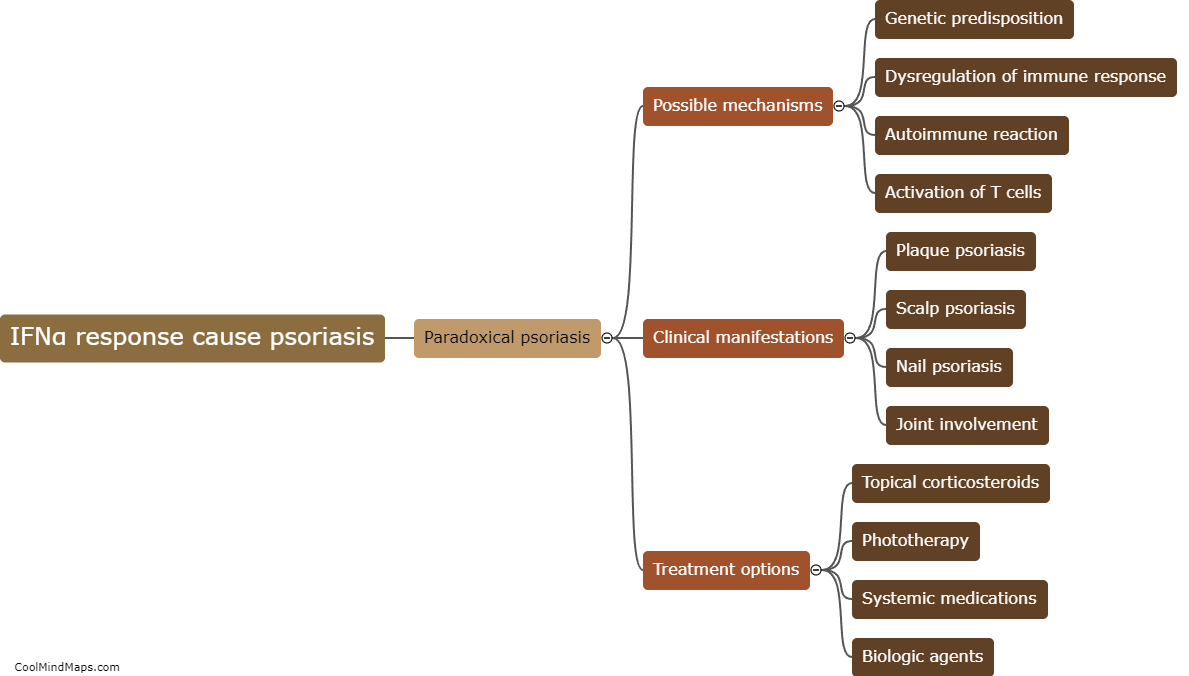How does increasing pDCs' capacity to produce IFNα benefit the body?
Increasing the capacity of plasmacytoid dendritic cells (pDCs) to produce interferon-alpha (IFNα) can have numerous benefits for the body. IFNα is a type of cytokine that plays a crucial role in innate immunity and antiviral defenses. By increasing the production of IFNα, pDCs can enhance the body's ability to fight off viral infections. IFNα has antiviral properties that inhibit viral replication and spread, thus limiting the severity and duration of viral infections. Additionally, IFNα stimulates other immune cells, such as natural killer cells and cytotoxic T lymphocytes, to become more active in killing infected cells. Moreover, IFNα enhances the function of dendritic cells, which are responsible for presenting antigens to other immune cells and initiating adaptive immune responses. Therefore, by increasing pDCs' capacity to produce IFNα, the body can mount a more effective immune response against viral infections, leading to faster recovery and improved overall health.

This mind map was published on 12 July 2023 and has been viewed 273 times.











